Home>Garden Essentials>How Many Days For Yarrow To Germinate
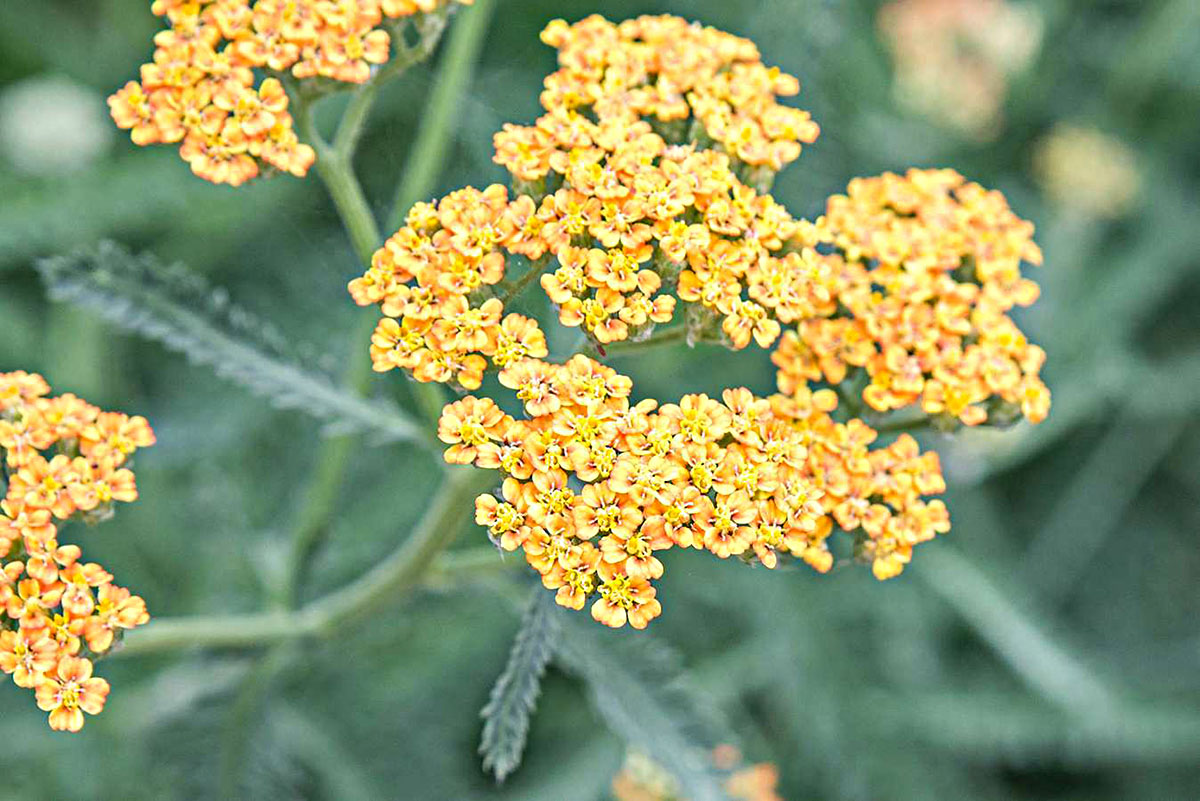

Garden Essentials
How Many Days For Yarrow To Germinate
Modified: March 15, 2024
"Discover how long it takes for yarrow seeds to germinate in your garden. Get insights, tips, and tricks for successful yarrow cultivation."
(Many of the links in this article redirect to a specific reviewed product. Your purchase of these products through affiliate links helps to generate commission for Storables.com, at no extra cost. Learn more)
Introduction
Welcome to the world of gardening! Whether you’re a seasoned gardener or just starting out, understanding the germination process is crucial for successful plant growth. In this article, we will explore the germination time for yarrow, a popular and versatile flowering plant known for its beauty and medicinal properties.
Yarrow, scientifically known as Achillea millefolium, is a hardy perennial that belongs to the Asteraceae family. It has fern-like leaves and produces flat-topped clusters of flowers in various colors, including white, yellow, and shades of pink. Yarrow is known for its ability to attract pollinators and its many practical uses, such as being an ingredient in herbal remedies or even adding an aesthetic appeal to floral arrangements.
Before we dive into the germination process, it’s essential to understand the factors that can affect yarrow germination. By taking these factors into consideration, you can create optimal growing conditions for your yarrow seeds and ensure a successful germination process.
Key Takeaways:
- Yarrow seeds can take 7 to 21 days to sprout, but you can speed up the process by pre-soaking, scarifying, and providing consistent moisture. Be patient and enjoy watching your yarrow garden grow!
- To help yarrow seeds germinate faster, consider factors like temperature, moisture, and light. Pre-soaking, scarification, and using a seed starting mix can also speed up the process. Enjoy the rewarding experience of growing yarrow!
Read more: How Many Days For Marigolds To Germinate
Factors Affecting Yarrow Germination
Several factors can influence the germination of yarrow seeds. Understanding these factors will help you create the ideal conditions for successful germination:
- Temperature: Yarrow seeds require specific temperature ranges for optimal germination. The ideal temperature range for yarrow germination is between 60°F (15°C) and 70°F (21°C). Higher temperatures can inhibit germination, while lower temperatures can prolong the germination process.
- Moisture: Adequate moisture is vital for yarrow germination. However, it’s important not to oversaturate the soil as excessive moisture can lead to seed rot or fungal growth. Aim to keep the soil consistently moist, but not waterlogged, during the germination period.
- Light: Yarrow seeds are light-dependent and require exposure to sunlight or artificial light for successful germination. Do not bury the seeds too deep; instead, gently press them onto the soil surface to ensure direct light contact.
- Soil quality: Yarrow prefers well-draining soil with a slightly acidic to neutral pH level of 6.0 to 7.0. Poor-quality soil can hinder the germination process, so it’s beneficial to amend the soil with organic matter before sowing the seeds.
- Seed freshness: The freshness of yarrow seeds can impact their germination rate. It’s best to use fresh yarrow seeds to maximize the chances of successful germination. If using older seeds, consider scarifying or stratifying them to enhance germination rates.
By taking these factors into account and providing the ideal growing conditions, you can increase the likelihood of successful yarrow germination. Now, let’s explore what these optimal conditions entail.
Ideal Conditions for Yarrow Germination
Creating the right environment for yarrow germination is crucial to ensure healthy and robust plant growth. Here are the ideal conditions to consider:
- Temperature: As mentioned earlier, the optimal temperature range for yarrow germination is between 60°F (15°C) and 70°F (21°C). Keep in mind that yarrow seeds are adaptable and can withstand a wide range of temperatures, but germination may be slower or less successful outside the ideal range.
- Moisture: Yarrow seeds require consistent moisture to germinate effectively. Ensure the soil is evenly moist but not waterlogged. Consider using a fine mist sprayer or a watering can with a narrow spout to avoid excessive water application. Regularly check the moisture levels and adjust watering as needed.
- Light: Yarrow seeds are light-dependent, so provide them with ample exposure to sunlight or artificial light. Place the seed tray or pots in a location that receives at least six hours of direct sunlight or use fluorescent grow lights if starting indoors. Avoid placing the seeds in a completely shaded area, as it may hinder germination.
- Soil quality: Yarrow thrives in well-draining soil that is rich in organic matter. Prepare the soil by removing any weeds, rocks, or debris and loosening it with a garden fork. Mix in compost or well-rotted manure to improve the soil structure and enhance nutrient availability.
- Sowing depth: Yarrow seeds are small, so they should be sown shallowly. Gently press the seeds onto the soil surface, ensuring they have good contact with the soil. Avoid burying them too deeply, as this can inhibit germination.
By creating these ideal conditions, you are setting the stage for successful yarrow germination. However, it’s important to note that yarrow seeds can take some time to sprout. Let’s explore the germination time frame for yarrow in the next section.
Yarrow seeds typically germinate within 14-21 days when planted in well-draining soil and kept consistently moist. Be patient and keep the soil moist for successful germination.
Germination Time for Yarrow
Yarrow germination can take anywhere from 7 to 21 days, depending on the conditions and seed quality. It’s important to be patient and allow the seeds enough time to sprout. Don’t be discouraged if you don’t see immediate results.
During the germination process, yarrow seeds absorb moisture and begin to swell. Slowly, a tiny root (radicle) emerges from the seed, followed by the emergence of the first set of leaves. As the seedling continues to grow, more leaves develop, and the plant begins to establish itself.
While yarrow germination can occur within two weeks under optimal conditions, several factors can influence the speed of germination. These factors include temperature, moisture, and seed quality. Cooler temperatures and insufficient moisture can slow down the germination process, resulting in a longer germination period.
To ensure successful germination, it’s vital to maintain consistent moisture levels throughout the germination process, ensuring the soil doesn’t dry out. Mist the soil gently if needed and avoid overwatering, as excessive moisture can lead to seed rot or the growth of harmful fungi.
Keep in mind that not all seeds will germinate at the same time. Some seeds may sprout earlier, while others may take a bit longer. However, by providing the ideal conditions we discussed earlier, you can encourage a higher germination rate and a more uniform germination time frame.
Now that you have an understanding of the germination time for yarrow, let’s explore some helpful tips for speeding up the germination process.
Tips for Speeding Up Yarrow Germination
If you’re eager to see your yarrow seeds sprout and grow, here are some tips to help speed up the germination process:
- Pre-soaking: Before sowing the yarrow seeds, you can soak them in warm water for a few hours or overnight. This process can help soften the seed coat and promote faster germination.
- Scarification: Yarrow seeds have hard seed coats that can inhibit water absorption and germination. To break the seed coat and enhance germination, you can gently scarify the seeds by rubbing them with sandpaper or nicking them with a small knife. Be cautious not to damage the seed itself.
- Stratification: Stratification is a process of subjecting the seeds to a period of cold, moist conditions before sowing. Yarrow seeds benefit from stratification, as it mimics the natural winter conditions that trigger germination. Place the seeds in a damp paper towel or sphagnum moss inside a plastic bag and refrigerate them for 2-4 weeks before sowing.
- Use a seed starting mix: Opt for a well-draining seed starting mix instead of regular garden soil. Seed starting mixes provide a loose and nutrient-rich medium that allows for better seed-to-soil contact and airflow, promoting faster germination.
- Bottom heat: Yarrow seeds prefer warm soil for germination. Placing the seed tray on a seedling heat mat or near a heat source can provide the necessary warmth to expedite germination.
- Provide consistent moisture: Check the soil moisture regularly and keep it consistently moist. Consider using a mist sprayer to avoid overwatering and ensure the seeds receive a gentle misting to maintain moisture levels.
- Use a propagator or plastic wrap: Covering the seed tray with a propagator or clear plastic wrap helps create a warm and humid microclimate around the seeds, promoting faster germination. Ensure the cover is vented to allow for airflow and prevent excessive moisture buildup.
By implementing these tips, you can increase the chances of faster yarrow germination. Remember to monitor the progress regularly and be patient if some seeds take longer to sprout. Each seed has its own timeline, but with the right conditions and a little patience, you’ll soon have beautiful yarrow seedlings emerging.
Now that you’re armed with the knowledge to speed up yarrow germination, it’s time to put it into practice and enjoy the rewarding process of watching your yarrow seeds come to life!
Read more: How Many Days For Chili To Germinate
Conclusion
Growing yarrow from seed can be a rewarding experience for any gardener. By understanding the factors that affect yarrow germination and creating the ideal conditions, you can increase the chances of successful and timely sprouting. Remember to consider temperature, moisture, light, soil quality, and seed freshness when sowing your yarrow seeds.
While yarrow germination can take anywhere from 7 to 21 days, implementing some helpful tips can help speed up the process. Pre-soaking, scarification, stratification, using a seed starting mix, providing bottom heat, maintaining consistent moisture, and utilizing a propagator or plastic wrap can all aid in promoting faster germination.
It’s important to be patient during the germination process as not all yarrow seeds will sprout at the same time. Each seed has its own timeline, but with the right conditions and care, you can expect to see delicate seedlings emerging from the soil.
Remember to continue providing proper care and attention to your young yarrow plants as they grow. Transplant them to a suitable location in the garden with full sun and well-draining soil once they have developed a strong root system.
Yarrow plants are incredibly versatile and can be used as a beautiful addition to any garden or landscape design. Their attractive flowers and aromatic foliage make them a popular choice among gardeners and florists alike. Additionally, yarrow has medicinal properties and can be utilized in various herbal remedies.
So, what are you waiting for? Start your journey with yarrow germination and enjoy the process of watching your seeds sprout and grow into beautiful plants. With a little patience, care, and the right conditions, you’ll soon have a flourishing yarrow garden to admire.
Happy gardening!
Frequently Asked Questions about How Many Days For Yarrow To Germinate
Was this page helpful?
At Storables.com, we guarantee accurate and reliable information. Our content, validated by Expert Board Contributors, is crafted following stringent Editorial Policies. We're committed to providing you with well-researched, expert-backed insights for all your informational needs.
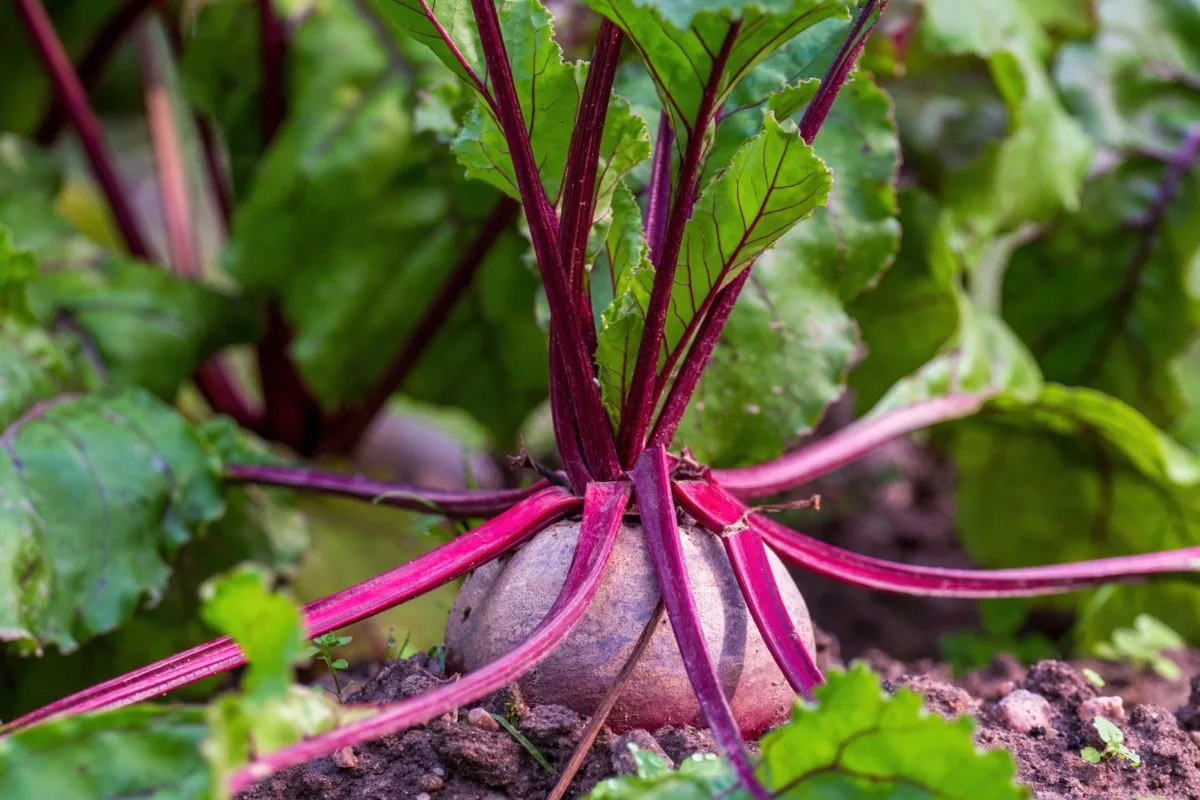
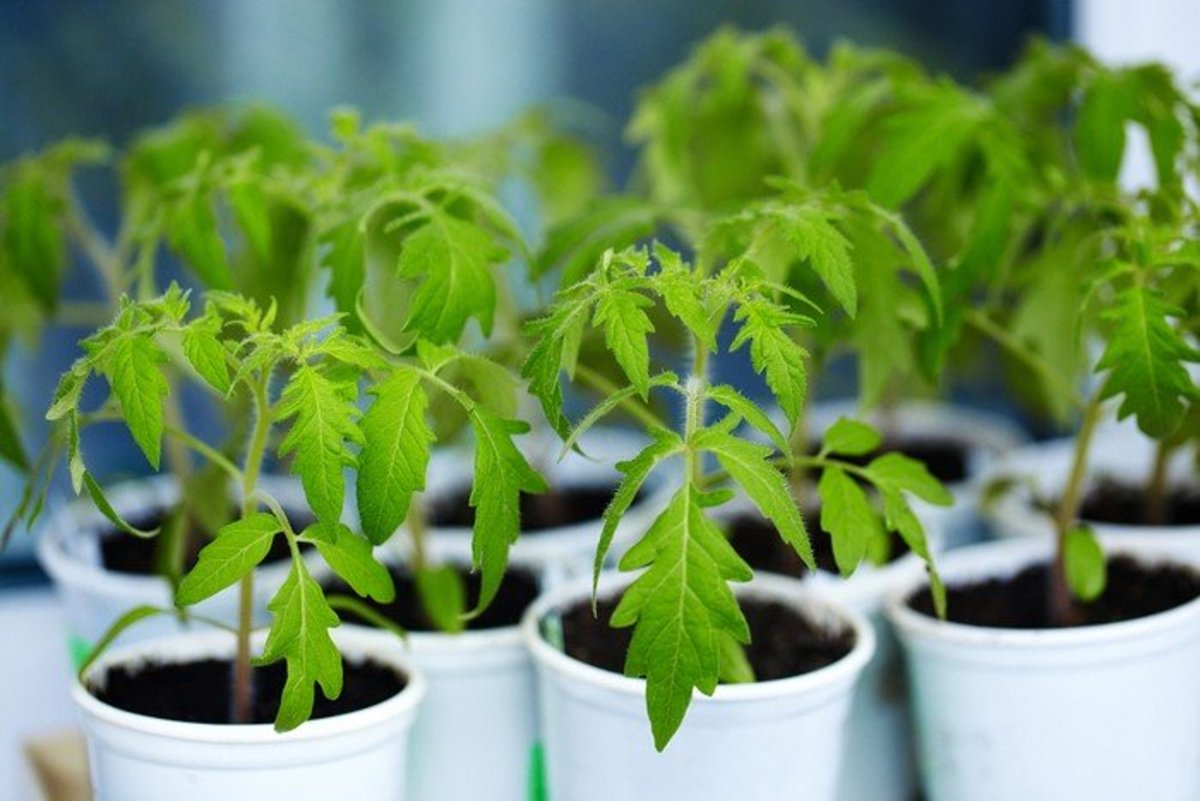
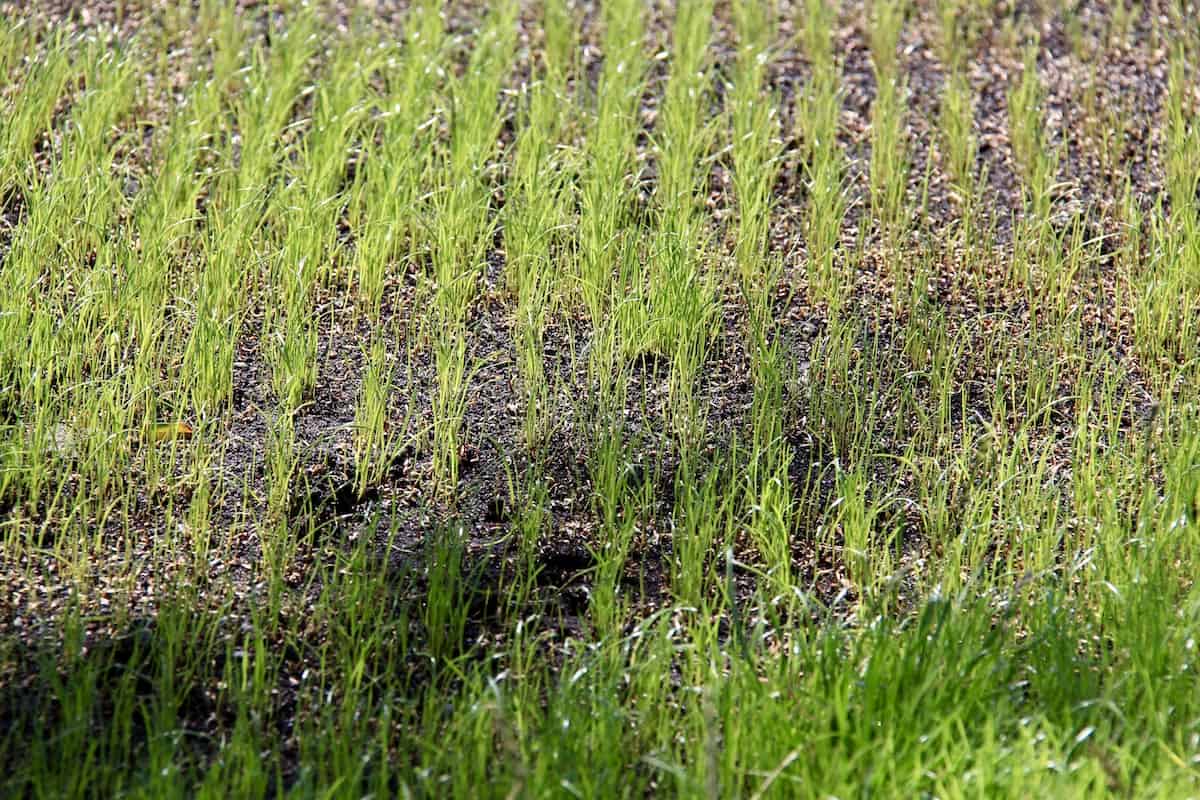
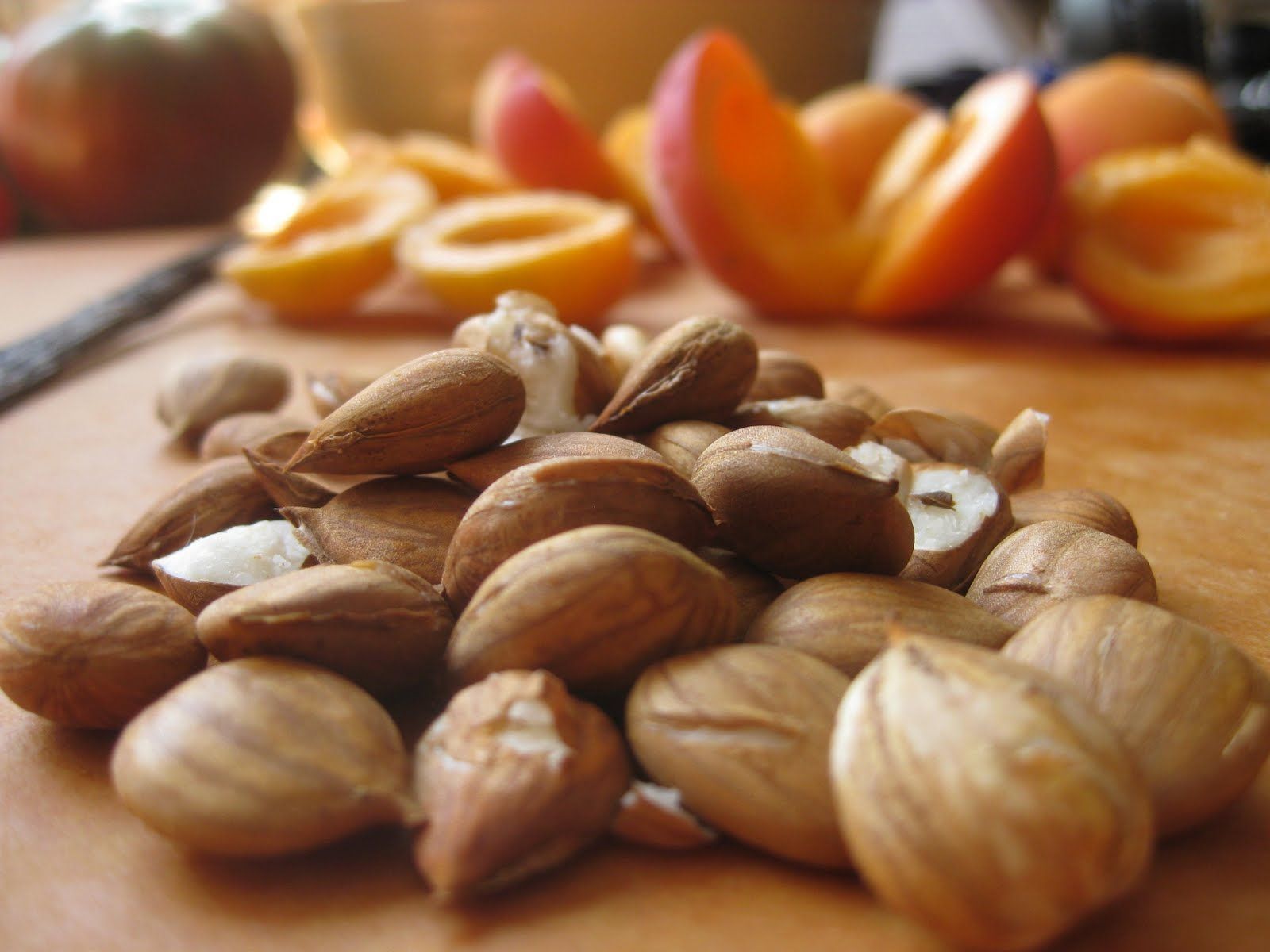

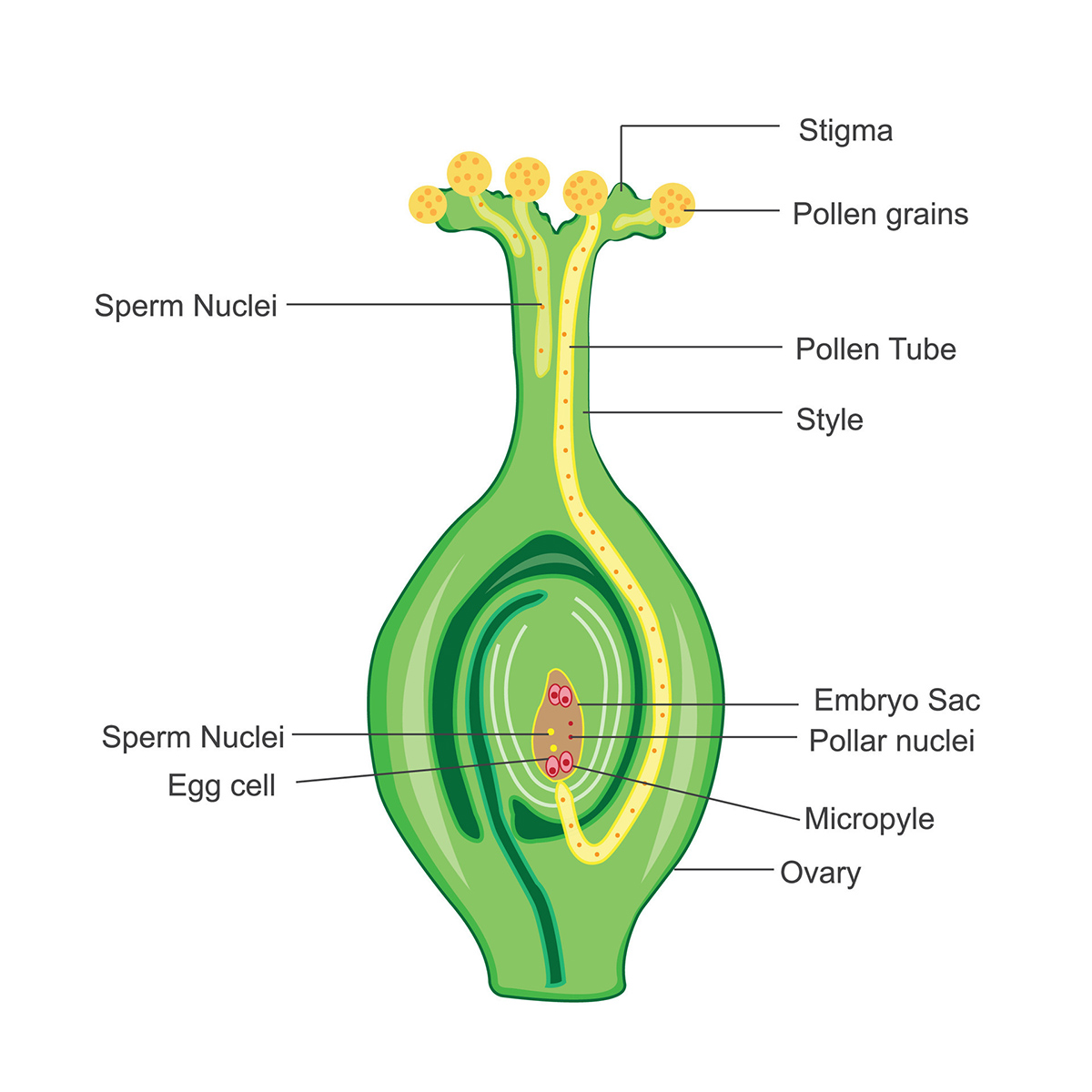
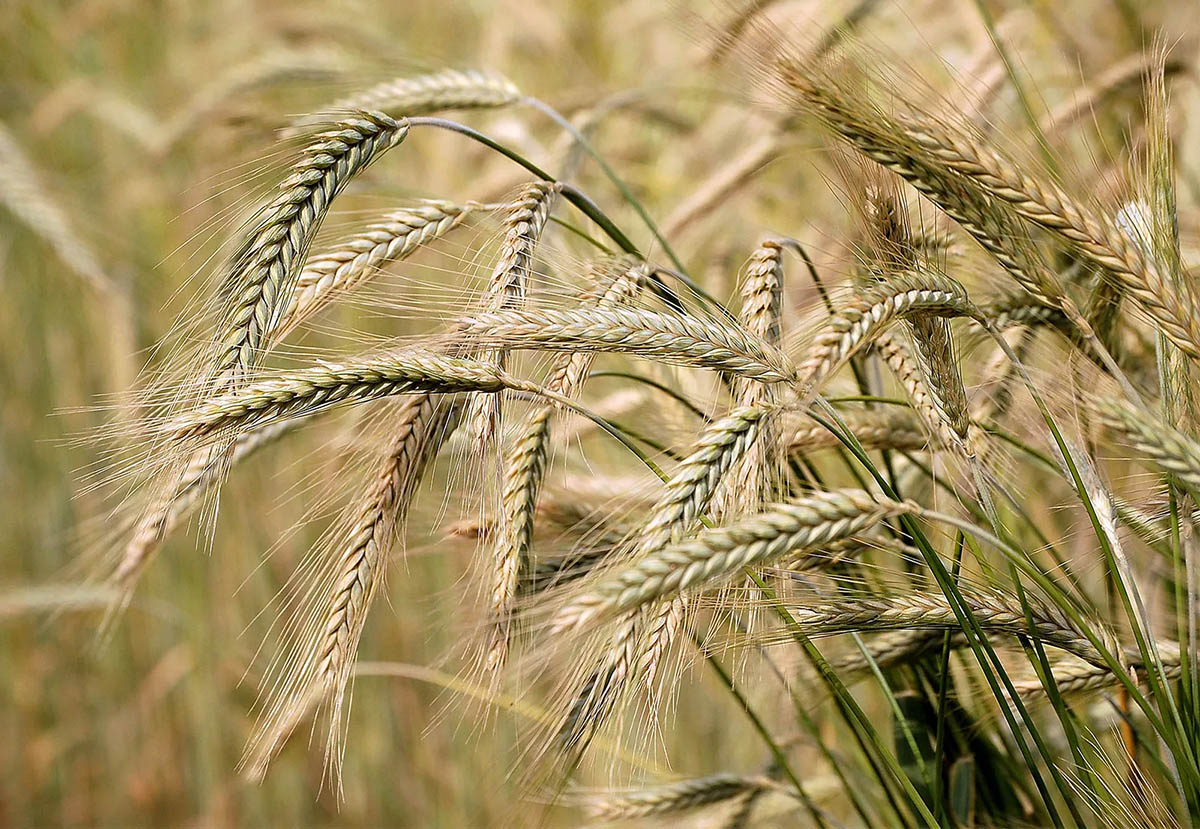
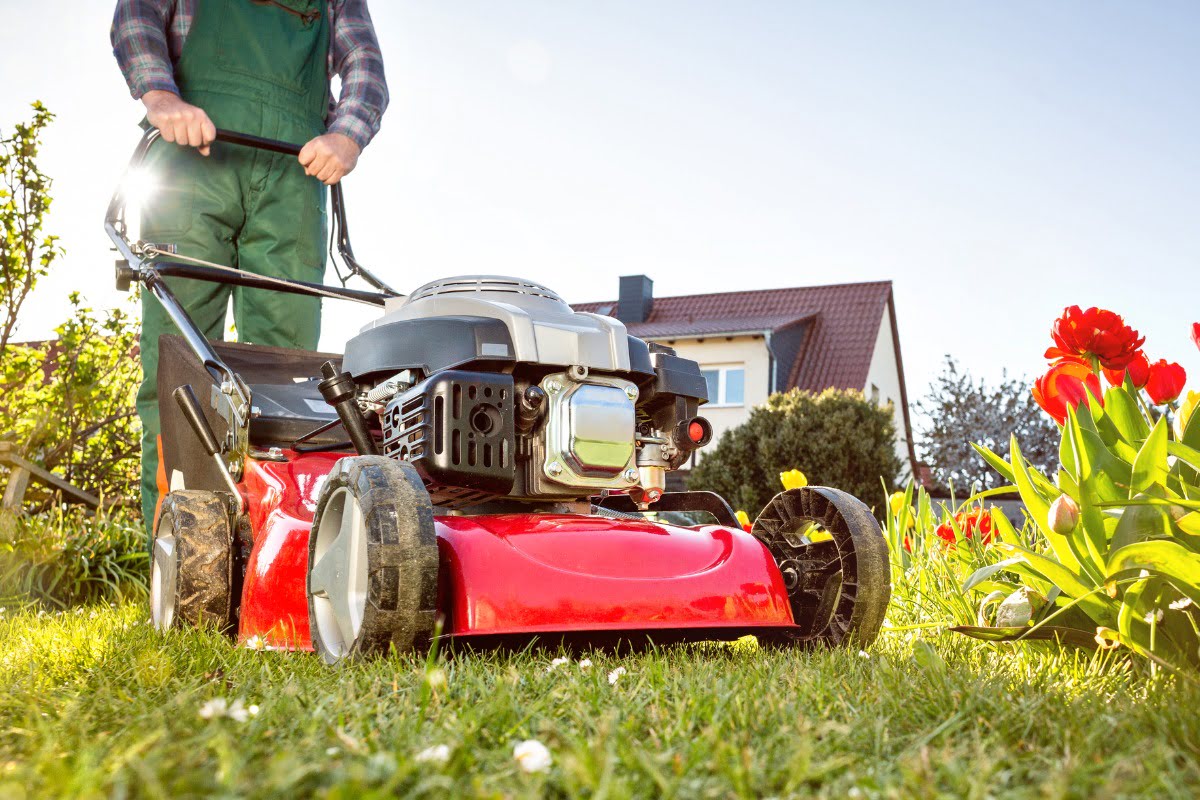
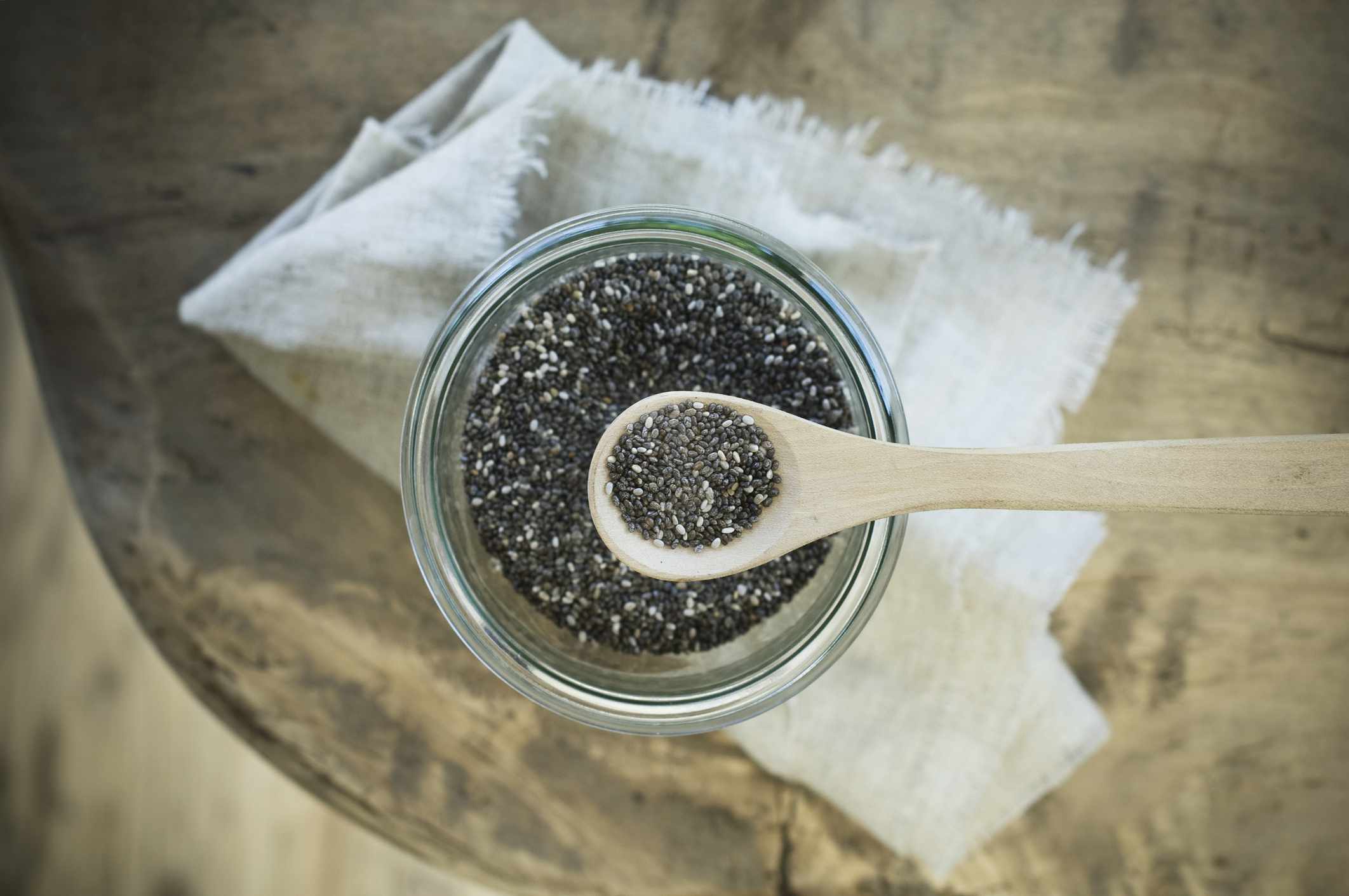
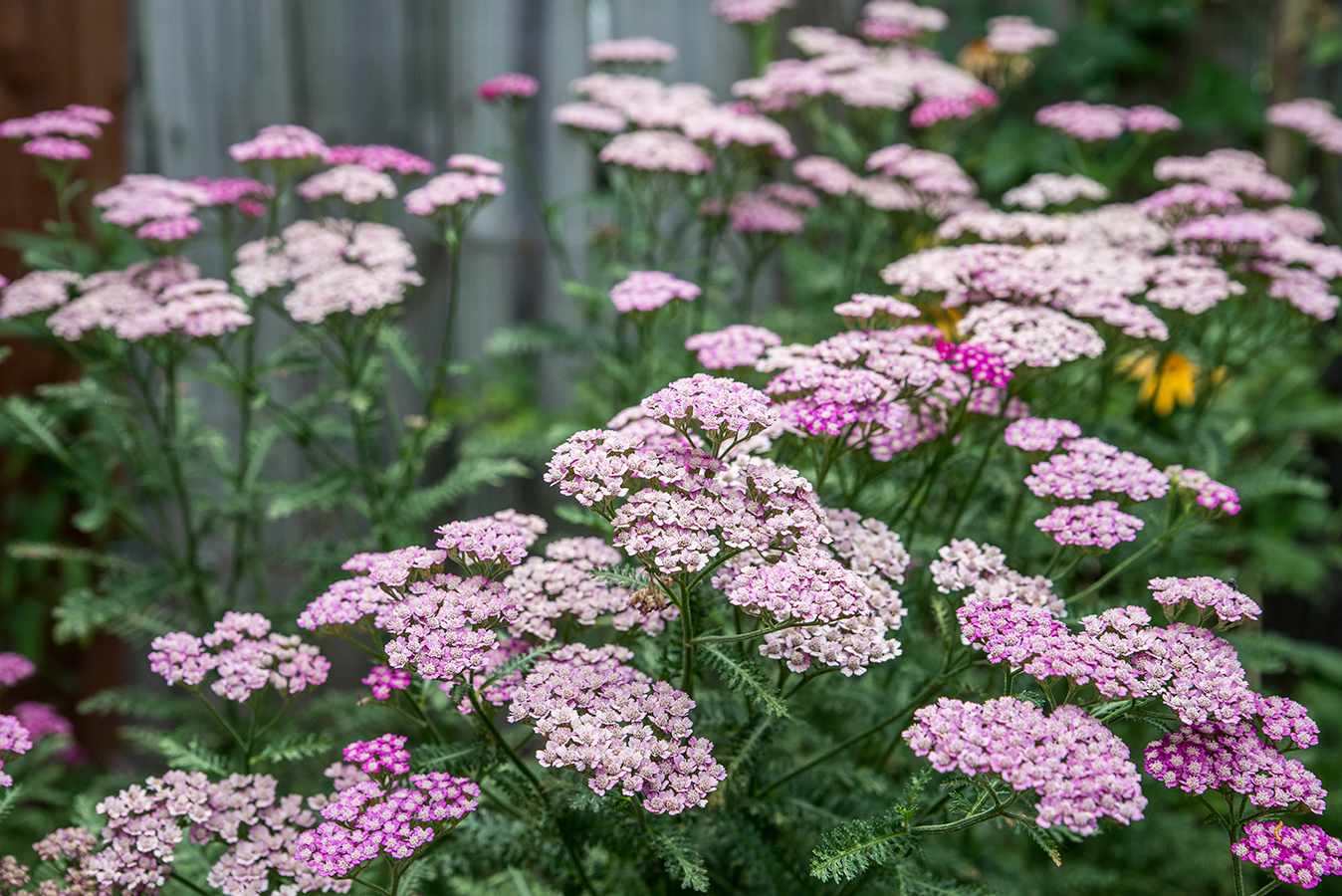

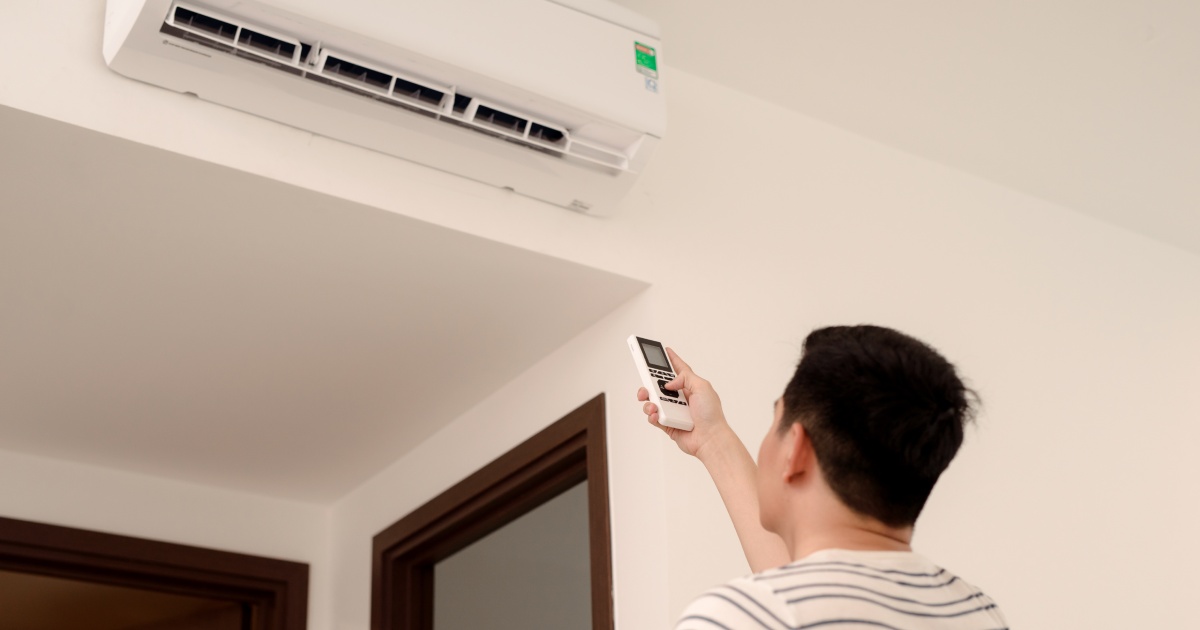
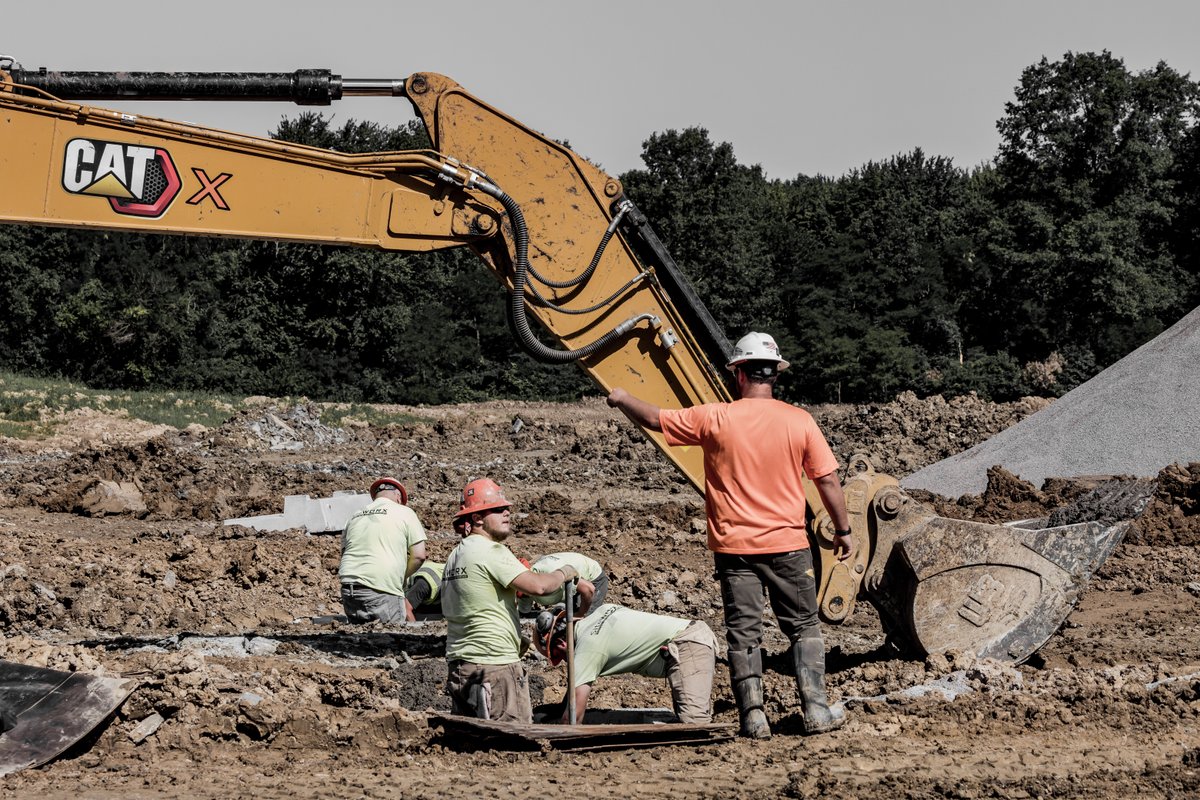


0 thoughts on “How Many Days For Yarrow To Germinate”